Features of a protein-vegetable diet for weight loss
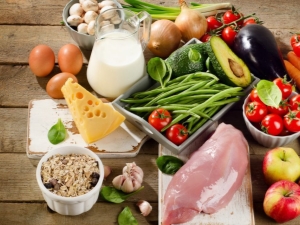
The popularity of rigid diets is gradually fading away. More and more people are choosing more gentle, but no less effective food options. These include a protein-vegetable diet.
General principles
The name "protein-vegetable" clearly indicates the main characteristics of the diet. It is a low-calorie diet that severely limits or eliminates fats and carbohydrates. The basis is protein dishes and vegetables, that is, fiber.
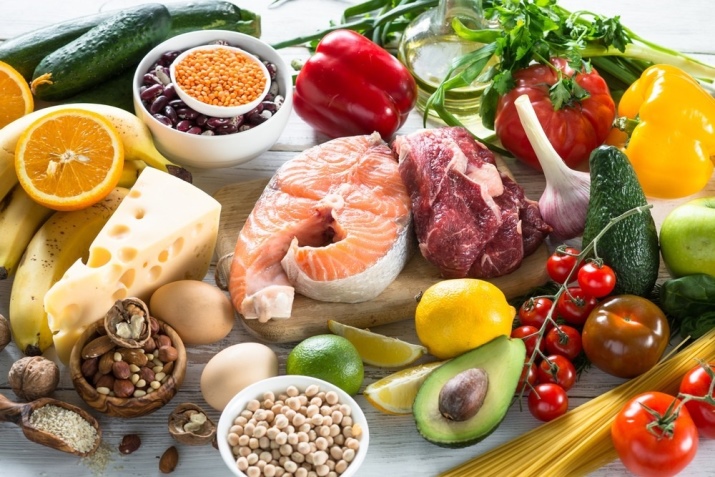
In general, such a diet can be long, since amino acid chains enter the body due to proteins, due to vegetables - vitamins, minerals and fiber. The first are necessary for the construction of muscles, cells and enzymes, provide a person with energy. Vitamins and minerals support the immune system and all life processes, and the presence of fiber is a guarantee of high-quality digestion.
In addition, such a diet gives a feeling of satiety, it is quite diverse. This allows you to keep it for quite a long time, up to a month.

There are 2 options for a protein-vegetable diet. The first involves the separate consumption of proteins and vegetables, that is, the alternation of protein and vegetable days. The second option allows the joint use of vegetables with proteins.
As sources of protein, you can choose lean beef, chicken, turkey, rabbit meat, lean fish, cottage cheese and almost all dairy products (it is important to exclude the addition of sugar to them and too fatty foods - cream, sour cream, cheese), eggs, seafood.
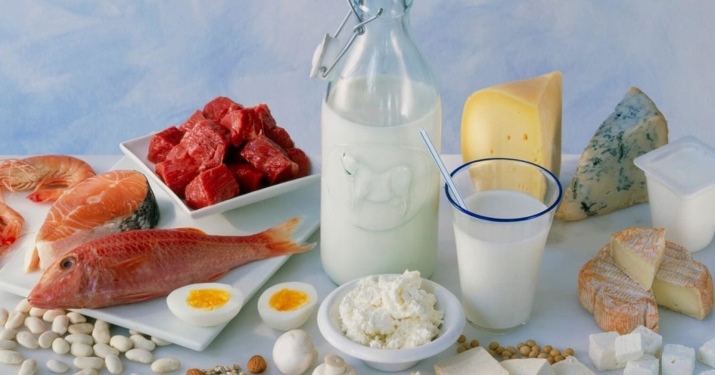
Allowed vegetables include spinach, cucumbers, all types of cabbage (except cauliflower), bell peppers, onions, garlic, greens and lettuce, celery, zucchini, green peas. Wherein Every day you should eat vegetables, both fresh and thermally processed. That is, it is necessarily a salad, as well as soups, stews, various vegetable soufflés and casseroles. On the basis of vegetables, you can also prepare smoothies and cocktails.
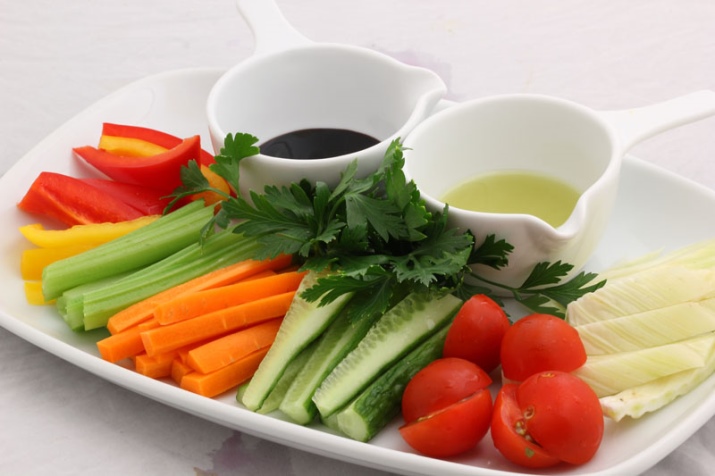
From the list of vegetables should be excluded those that contain a lot of starch - potatoes, carrots, eggplant, pumpkin, corn. Analyzing the list of acceptable products, we can conclude that this type of food does not require special purchases, compliance with complex recipes.
Probably, for this reason, another name has been assigned to the protein-vegetable diet - “lazy”.
Any protein product contains a small amount of fat, so they are not completely excluded from the diet. Up to 40-50 g of fat per day is allowed, while preference should be given to unsaturated fats - salads should be seasoned with unrefined vegetable oil, a small amount of nuts and seeds are allowed.

The complete exclusion of fats is unacceptable, since they are one of the main nutrients for the course of metabolic processes, the correct synthesis of hormones is impossible without them, which ultimately “hit” all human organs and tissues.
But fast carbohydrates contained in sugar, some cereals (round white rice), pasta, wheat bakery products, are strictly prohibited. Salt intake should be limited. It is important to adhere to the correct drinking regimen. The daily water intake for an adult who does not have kidney problems is calculated using the formula 30 mg per 1 kg of weight. Allowed herbal teas and decoctions, mineral water, freshly squeezed juices (preferably vegetable - they are less high-calorie).

The protein-vegetable diet of a separate type is usually tolerated somewhat more difficult and is calculated for a period of 4 to 20 days. In this case, you can simply alternate days of protein intake and days of vegetables, or 2 days - protein nutrition, the next 2 days - vegetables.
With a mixed diet, the ratio of proteins and vegetables consumed per day is approximately the same. In the first half of the day, it is advisable to eat vegetables, in the second, give preference to proteins, supplementing them with a small amount of fresh fruits for better digestion.

Despite the fact that this type of diet is not very restrictive, you need to enter it smoothly. A day or two before this, it is recommended to spend a fasting day on kefir. You need to get out of the diet as gradually, so as not to create stress for the body. The transition to the usual diet takes 5-7 days and involves the gradual inclusion of familiar foods in the diet.
The number of meals during the diet is 4-5, the last one is no later than 2-3 hours before bedtime. Since this type of food provides the body with the necessary energy and is not associated with a feeling of hunger, physical activity is allowed and even recommended. They will help you get the results you want.

It is important to remember that the diet itself does not work, for this it is also important to correctly calculate your daily calorie intake. The number of incoming calories should be less than the number of calories expended. If you do not follow this simple rule, you can gain weight even on a protein-vegetable diet.
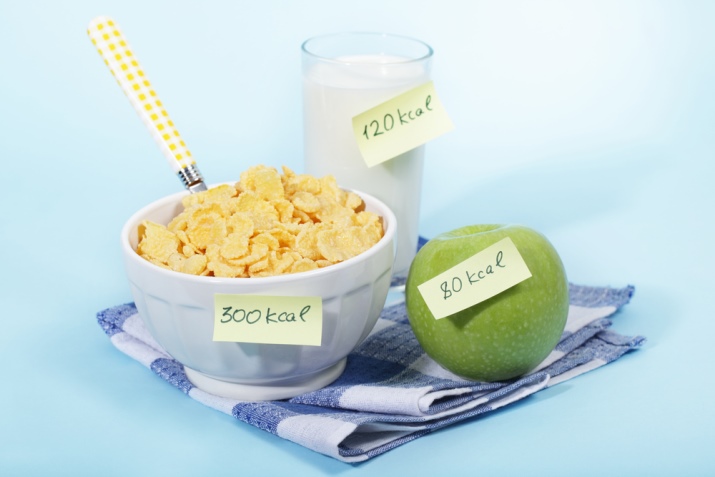
It is important not to limit your calorie intake too much. For each person, the lower limit is individual. For women, this is usually 1200-1400 kcal per day.With this approach, there is a high chance not only to get serious health problems, but also not to get a slim figure. A sharp calorie restriction is a signal for the body to stock up. He begins to put them off from any incoming food and turn off yet "unnecessary" functions. In women, this is primarily a reproductive function (what kind of procreation can we talk about when hunger threatens - something like this the body “argues”).
Positive effect on the body
Unlike many strict diets, the protein and vegetable menu does not pose a great danger to the body. Moreover, many people do not consume enough fiber, and diet is a great way to make up for this omission.

Using various vegetables, it is possible to provide the body with all the elements necessary for normal functioning. Coarse and soft fiber improve digestion, help cleanse the intestines and the body as a whole, help strengthen the immune system (after all, most of the immune cells are located in the intestines).
Due to the abundance of proteins and amino acids in the body, metabolic processes proceed properly. Proteins are a source of energy, they give a long-lasting feeling of fullness. A person does not experience the pangs of hunger, it is physiologically and psychologically easier for him to "sit" on a diet.
This is facilitated by the ability to make the menu varied, because the list of products allowed for consumption is quite wide.
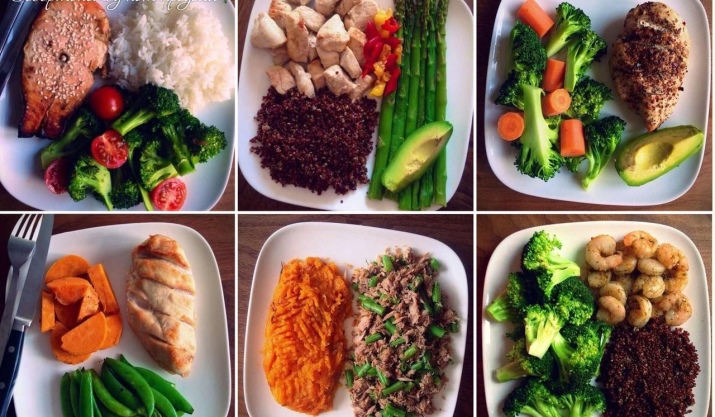
Contraindications
Any diet, with the exception of therapeutic (and even then not all), are inferior. The body does not receive one or another nutrient, which affects the functioning of all its systems. In this case, the intake of complex carbohydrates, which are the primary source of energy, is sharply limited.This should be remembered and the protein-vegetable diet should be abandoned for people who have or have had chronic diseases or injuries.
Contraindications to the diet are pregnancy and lactation, diseases of the gastrointestinal tract (gastritis, ulcers, enteritis), problems with the kidneys, liver, cardiovascular system. Due to the physiological inferiority of this type of diet, it will not be suitable for the elderly, children and adolescents, as well as people experiencing increased physical and mental stress.
With a weak intestine, a protein-vegetable diet may seem too heavy for the digestive system. In this case, it is recommended to exclude vegetables containing coarse fiber - these are all types of cabbage.
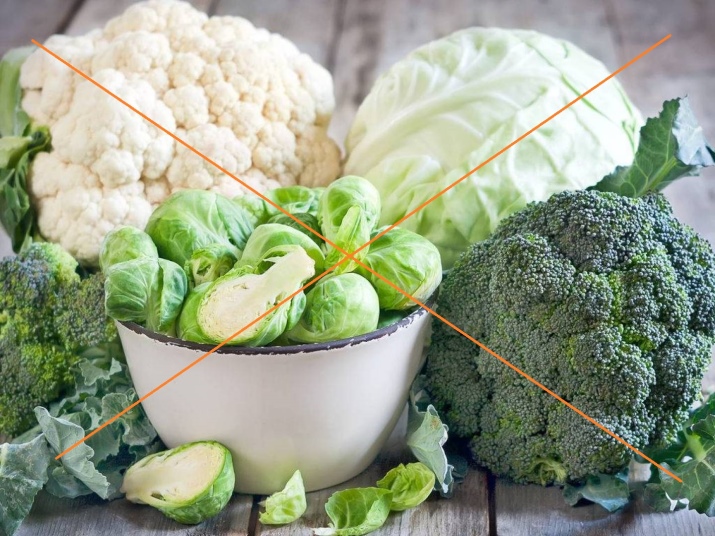
When the diet is "skewed" to the protein or vegetable side, problems with digestion and kidneys cannot be avoided, which simply cannot cope with the need to "filter" so much protein. It is important that the kidneys are an organ that rarely shows symptoms of an ailment (only in more advanced stages of the disease), that is, some people do not even know about problems with them. That's why Before you go on a diet, it is advisable to undergo a diagnosis and consult a doctor.
An excess of protein is no less dangerous than its deficiency. Excesses are not digested, accumulate in the intestines and begin to ferment. And with a large number of consumed vegetables, pain and cramps in the abdomen, stool disorders, and flatulence may occur.
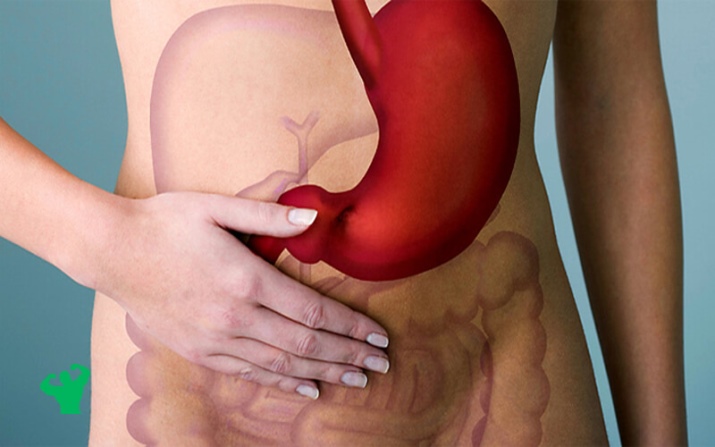
sample menu
Menus on a protein diet are calculated for 7, 14 or 21 days. Depending on the duration of the diet and its severity, you can get rid of 2 to 10 kg during the period of this type of nutrition.As a rule, short-term diets are more strict - the list of allowed foods is many times shorter, and the total calorie content in them is significantly reduced. In some ways, such diets resemble fasting days. They should not last more than 4 days.
A short-term diet will help you quickly lose a couple of kilograms, for example, before an important event. For a longer-term result and less harm to the body, you should choose the long-term option.

An example menu might look like this. As the basis of breakfast - fat-free cottage cheese or vinaigrette seasoned with vegetable oil, or eggplant rolls with nuts and low-fat cheese. As an option - a baked half of a potato with a large portion of salad. You can supplement breakfast with fresh vegetables, an egg (only protein is eaten), a slice of whole grain bread. Drink - weak tea, rosehip broth, kefir.
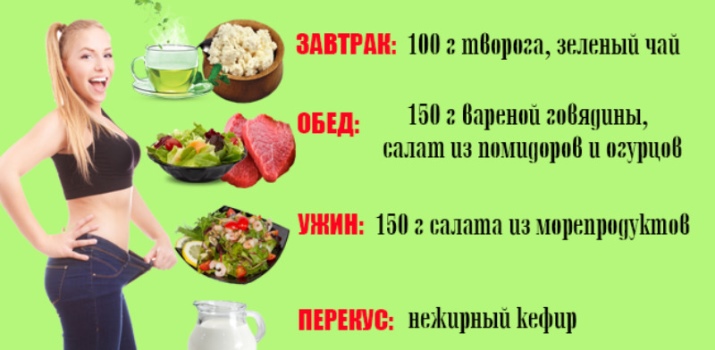
Lunch can be chicken broth with meatballs and vegetables. Another option is oven-baked chicken and vegetable salad. For a separate diet - cabbage soup from fresh cabbage and cabbage rolls with rice (take brown) and vegetables. Instead of cabbage rolls, you can cook a vegetable casserole. If this is a mixed diet, then in a casserole, you can alternate a layer of minced chicken with a layer of vegetables. Drinks - rosehip broth, compote, herbal tea.
For dinner, as a protein component of the diet, you can cook a steamed omelette with pieces of boiled chicken, steamed or baked in the oven in foil, low-fat fish. Suitable vegetable cutlets or stews. You can supplement dinner with a small amount of seeds, a slice of whole grain bread, a couple of apples.
As snacks, nuts, seeds, kefir, natural sourdough yogurt without fillers and sugar, sliced \u200b\u200braw vegetables, a piece of cheese, vegetable smoothies are used.Apples are allowed.
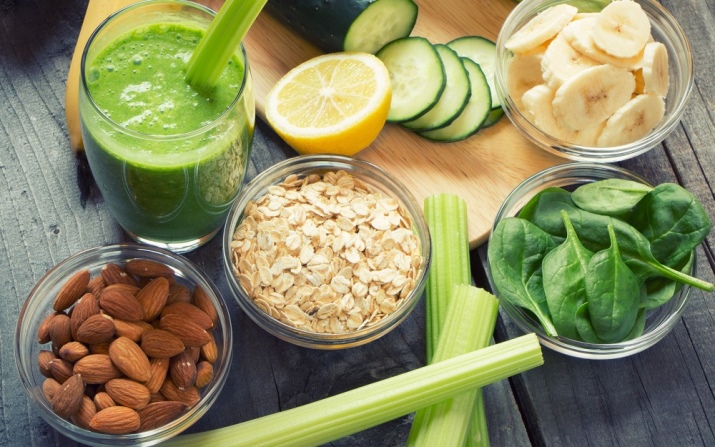
Feedback about the results
According to reviews, a protein-vegetable diet gives good results - it manages to throw off a few extra pounds, and in a comfortable mode. The diet does not leave a feeling of hunger, it is varied. Unlike many other more restrictive diets, a protein-vegetable diet does not cause psychological discomfort, a drop in energy or mood, or a deterioration in the condition of hair and nails.
It is important that this diet is quite easy to get used to, it does not involve the purchase of exotic products, complex recipes.
On average, over a long period of diet (21 days), it is possible to lose 2-3 kg per week, which for the entire period is 6-9 kg. For a short period on a protein-vegetable diet, it takes 2-6 kg.

Among those who keep a diet for weight loss, there are many supporters of a mixed type of nutrition. It is more comfortable than the separate version, both from a physiological and psychological point of view.
Some reviews say that by the end of the diet, headaches began. Their appearance, as well as the appearance of a feeling of fatigue, irritability, may indicate a lack of energy, in other words, complex carbohydrates.
For information on how to lose weight with a protein-vegetable diet, see the following video.

















